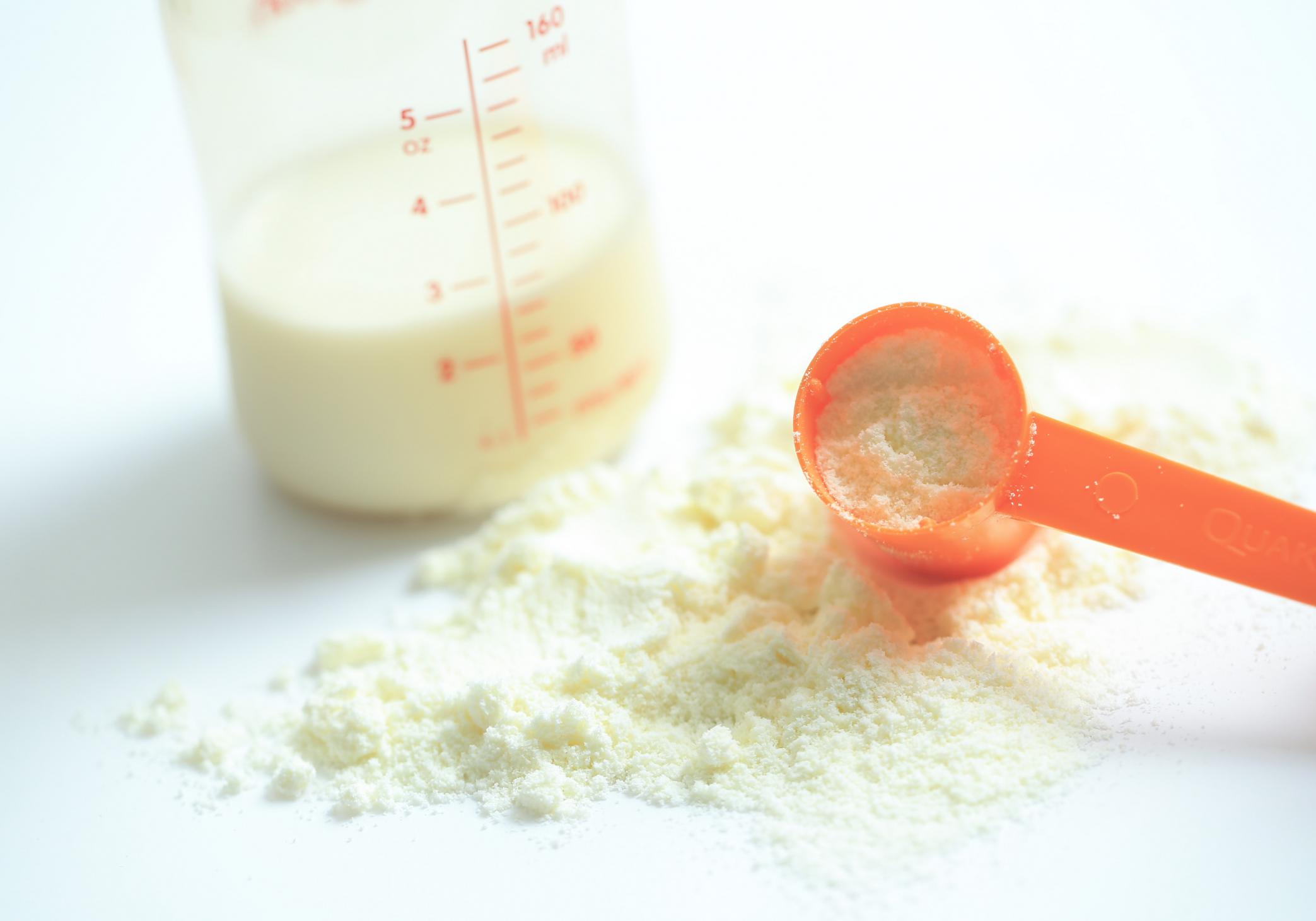Parents throughout history have always been afraid of not feeding their children enough in terms of "quantity and quality." They worry so much because they want their children to eat nutritiously and stay healthy physically. In fact, the worries parents have are practical and farsighted because eating nutritiously keeps the body healthy, improves protection against external environment, stimulates potential, and develops excellent learning abilities!
As babies grow, the diversity of food they eat must increase. Consuming a wide range of nutrients from various foods is the way to build a strong foundation for lasting good health! In the past, everyone knew that a healthy digestive system with good nutrient absorption would naturally convert nutrients from food into the nourishment needed for physiological functions; and the digestive tract microbiota should be kept in a state of balance with abundant good bacteria offset by little bad bacteria. Nevertheless, when the theory that babies' learning development can be affected by good intestinal health was put forward, it became even more important for moms to focus on babies' intestinal health.

Intestinal Health is Closely Linked to a Baby's Future Learning Ability
An increasing number of studies have shown that, through various "signaling substances," gut bacteria can affect a baby's mood, cognition, and learning development. Research has found that the activity, metabolism, and microbial balance of intestinal microbiota are all key factors that can affect the future development of a baby.
After a baby turns one, he/she should eat the same food as adults during meals. However, babies often do not eat well because they are not used to eating solid foods. This inevitably causes some imbalance in nutritional intake, which in turn affects intestinal microbiota. Parents are reminded that the intestinal health of a baby needs close attention, especially during this developmental stage. Building healthy intestinal microbiota early on will facilitate the development of a baby's potential and gradually buildup the baby's immunity as he/she gets older.
Choose Dairy Products Carefully to Increase Beneficial Gut Bacteria
Parents go through a lot of trouble to ensure their babies' daily meals are as balanced as possible. Being such, it's important moms and dads don't forget the Health Promotion Administration's dietary recommendation of "a cup of milk every morning and night!"
When parents are choosing milk products for a child who is still adapting to eating adult food, they should consider whether the products' different nutrients can make up for daily dietary shortcomings. They should also think about how to help their child's intestines stay healthy as influences on intestinal microflora from external environment and foods increase. Parents are recommended to choose infant formulas that contain multiple probiotics, especially those proven through human experiments to help increase beneficial bacteria and have obtained National health certifications.
According to research, there are 3 types of probiotics that can regulate intestinal functions and mixed with Fructooligosaccharides (FOS), which can facilitate the growth of beneficial bacteria in the intestine and maintain gut health:
1. Lactobacillus acidophilus: Grows in the small intestines to increase beneficial bacteria.
2. Bifidobacterium bifidum: Attaches to the large intestines to reduce the production of harmful bacteria.
3. Lactobacillus paracasei: Grows in the small intestines to improve gut microbiota.
Increasing scientific evidence have shown that intestinal microbiota is very important for the healthy growth of babies. It not only aids digestion and absorption, but also affects the baby's future development. To put it simply, taking good care of intestinal health allows a baby's body system to function well, which in turn effectively promotes the development of potential and enables the baby to show his/her excellent learning ability!
* Human consumption experiment results have proven that Quaker Grow-Up Formula with Probiotics can help:
- Increase beneficial bacteria in the intestines
- Reduce harmful bacteria in the intestines (Clostridium perfringens)
- Improve intestinal microbiota